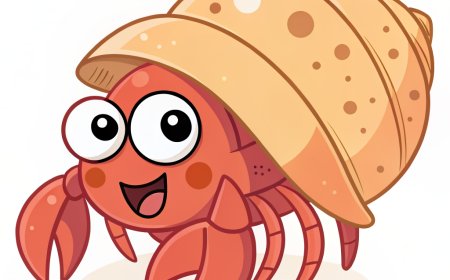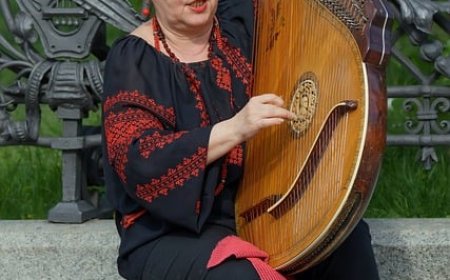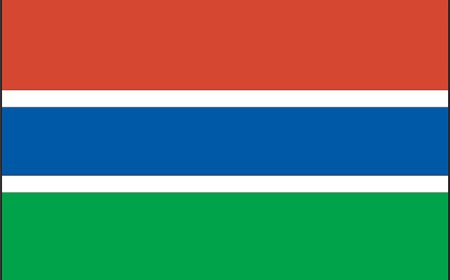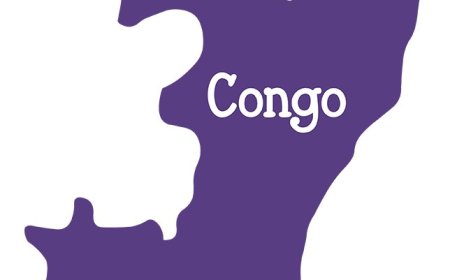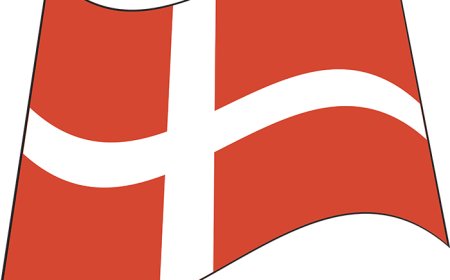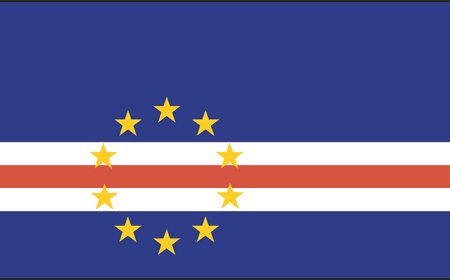Liberia for Students: Geography, History, and Culture of Africa’s First Republic
Explore the geography, culture, and founding history of Liberia in this student-friendly article. Includes a vocabulary list, 8-question quiz, and national education standards
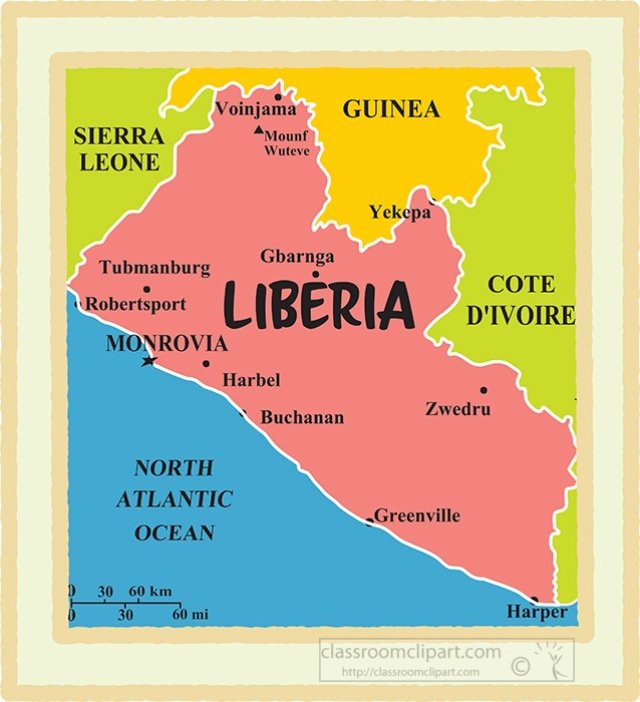
🌍 Introduction: A Country Born from Freedom
Liberia, on the West African coast, holds a special place in African and world history. Founded in the early 1800s by freed African Americans, Liberia became Africa’s first independent republic in 1847. Its name means “Land of the Free”, and its capital city, Monrovia, is named after U.S. President James Monroe.
Today, Liberia is a country of rich cultures, tropical forests, and a spirit of resilience. It has faced challenges like civil war and disease but continues to rebuild through community strength and education.
🗺️ Geography and Environment
Liberia lies on the Atlantic Ocean, bordered by Sierra Leone, Guinea, and Côte d’Ivoire. It covers about 111,000 square kilometers (43,000 square miles).
Liberia has a hot, humid tropical climate, with a rainy season from May to October and a dry season from November to April.
The land includes:
Coastal plains and sandy beaches
Rainforests rich with biodiversity
Hills and plateaus in the north and east
Major rivers like the Saint Paul, Cavalla, and Mano flow through the country, providing water for farming, fishing, and daily use.
Liberia is home to rare wildlife such as forest elephants, pygmy hippos, chimpanzees, and colorful birds and butterflies.
🏛️ Government, Language, and Population
Liberia is a republic with an elected president and legislature. Its government was modeled after that of the United States, and its flag even resembles the U.S. flag, with red and white stripes and a single white star.
The capital is Monrovia, a coastal city that is also the country’s largest and busiest urban center.
Liberia has a population of about 5.4 million people, made up of more than 16 ethnic groups, including the Kpelle, Bassa, Gio, Kru, Mano, and Vai. The descendants of the freed American settlers are called Americo-Liberians and are an important part of the nation’s history.
The official language is English, and many Liberians also speak local languages like Kpelle, Bassa, and Grebo.
Most people are Christian, but Islam and traditional beliefs are also practiced. Liberia uses the Liberian dollar (LRD) as currency, though U.S. dollars are also widely used.
🎭 Culture and Daily Life
Liberian culture blends African and American traditions. Families are close-knit, and elders are respected leaders. In rural areas, people live in villages with mud-brick homes, while cities have concrete houses, shops, schools, and hospitals.
Liberian food includes rice, cassava, sweet potatoes, plantains, and fish or chicken stews. Popular dishes include:
Palm butter stew
Jollof rice
Fufu with soup
Meals are often spicy and shared among family members.
Music and dance are part of every celebration. Drums, rattles, and singing are used in festivals, naming ceremonies, and weddings. Traditional dances may represent harvests, bravery, or spiritual beliefs.
Education is improving, but many children still lack access to quality schools, especially in rural areas. The government and communities are working hard to build more schools and provide books, teachers, and clean water.
📜 History: A Nation Founded by Freed Slaves
Liberia’s story is unlike any other in Africa. In the early 1800s, groups in the United States wanted to help freed African Americans settle in Africa. In 1822, the American Colonization Society established a colony in what is now Liberia.
The settlers, called Americo-Liberians, formed a government and declared independence in 1847. Liberia became the first African republic and remained independent during the European colonization of Africa.
For many years, power remained with the Americo-Liberians, while indigenous people had limited rights. In the 1980s and 1990s, Liberia faced military rule and two brutal civil wars, which ended in 2003.
In 2006, Ellen Johnson Sirleaf became Africa’s first elected female president, leading efforts to rebuild. Liberia also faced the Ebola outbreak in 2014, but with global support, the country recovered and continues to grow.
💰 Economy and Resources
Liberia’s economy depends on:
Farming (rice, cassava, rubber)
Forestry (timber and logs)
Mining (iron ore, gold, diamonds)
Rubber is one of Liberia’s biggest exports, especially from the Firestone plantation, one of the largest in the world. Most Liberians are small-scale farmers, growing food for their families or selling it in local markets.
Fishing along the coast also provides food and jobs. Liberia is working to attract new investment in tourism, energy, and education, but poverty and infrastructure needs remain big challenges.
🌿 Wildlife and Natural Beauty
Liberia’s rainforests are part of the Upper Guinean Forest, one of the most important ecosystems in Africa. Parks like Sapo National Park protect animals such as:
Pygmy hippos
Chimpanzees
Crocodiles
Rare monkeys and birds
Rivers and waterfalls attract tourists and nature lovers, and Liberia’s beaches are among the most beautiful in West Africa.
Conservation groups are working with communities to protect wildlife, plant trees, and support eco-tourism.
📚 Vocabulary List
Word Definition
Republic A country where leaders are elected by citizens
Americo-Liberian A descendant of freed African Americans who settled in Liberia
Fufu A soft dough-like food made from cassava or plantains
Civil war A war between people in the same country
Pygmy hippo A rare, small type of hippopotamus found in Liberia
Ebola A serious virus outbreak that affected West Africa
Rubber A material made from tree sap, used in tires and gloves
Monrovia The capital city of Liberia, named after a U.S. president
🧒 Kid-Friendly Summary
Liberia is a country in West Africa where freed African Americans helped start a new nation. Its capital, Monrovia, is named after a U.S. president. People speak English and enjoy foods like fufu, rice, and spicy stew. The forests are full of monkeys, hippos, and birds. Liberia has faced tough times, but the people are strong and hopeful for the future.
🎯 Interactive Quiz: What Do You Know About Liberia?
1. What is the capital of Liberia?
a) Freetown
b) Accra
c) Monrovia
d) Dakar
2. What group helped found Liberia in the 1800s?
a) British colonists
b) American Colonization Society
c) French traders
d) Ghanaian leaders
3. What is the official language of Liberia?
a) Arabic
b) French
c) English
d) Portuguese
4. What is fufu made from?
a) Rice and beans
b) Potatoes and fish
c) Cassava or plantains
d) Chicken and corn
5. What makes Liberia’s flag similar to the U.S. flag?
a) Same number of stars
b) Same colors and stripes
c) A picture of a map
d) It’s green and gold
6. What major health crisis affected Liberia in 2014?
a) COVID-19
b) Malaria
c) Ebola outbreak
d) Polio epidemic
7. What kind of wildlife lives in Sapo National Park?
a) Giraffes and lions
b) Pygmy hippos and chimpanzees
c) Polar bears and penguins
d) Kangaroos and koalas
8. Who became Africa’s first elected female president in Liberia?
a) Ellen Johnson Sirleaf
b) Wangari Maathai
c) Joyce Banda
d) Ngozi Okonjo-Iweala














